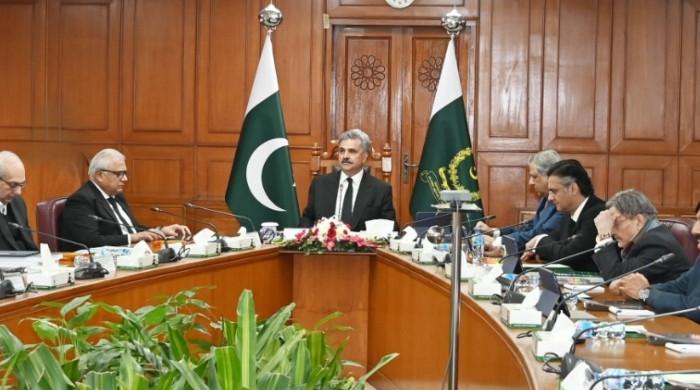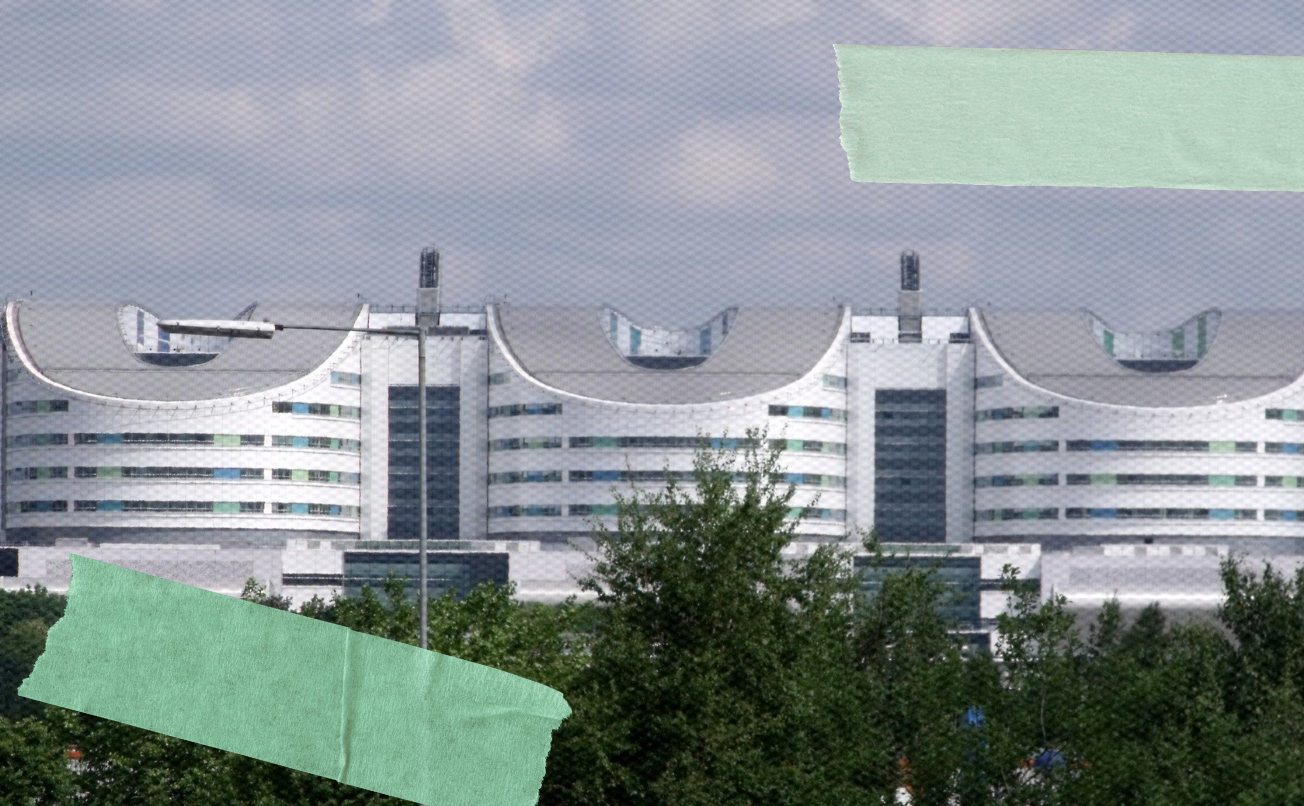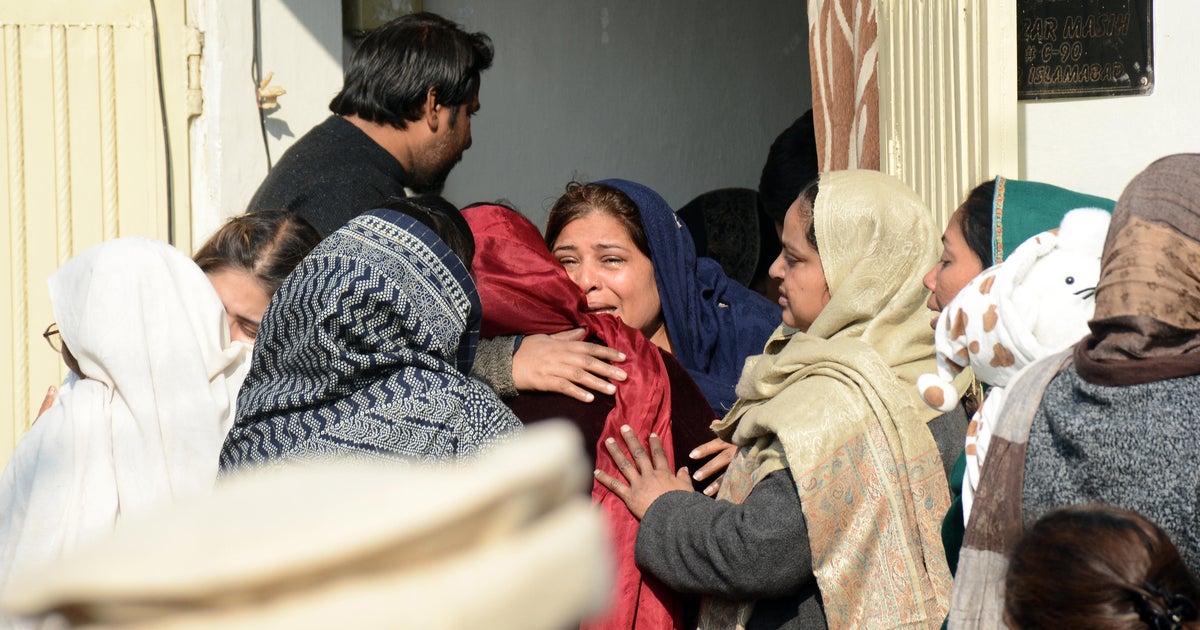- JCP discusses criteria for judges’ nomination to FCC,…
A gas cylinder explosion early Sunday after a wedding reception at a home in Pakistan’s capital killed at least eight people, including the bride and groom, police and officials said.
The blast occurred as guests who had…




